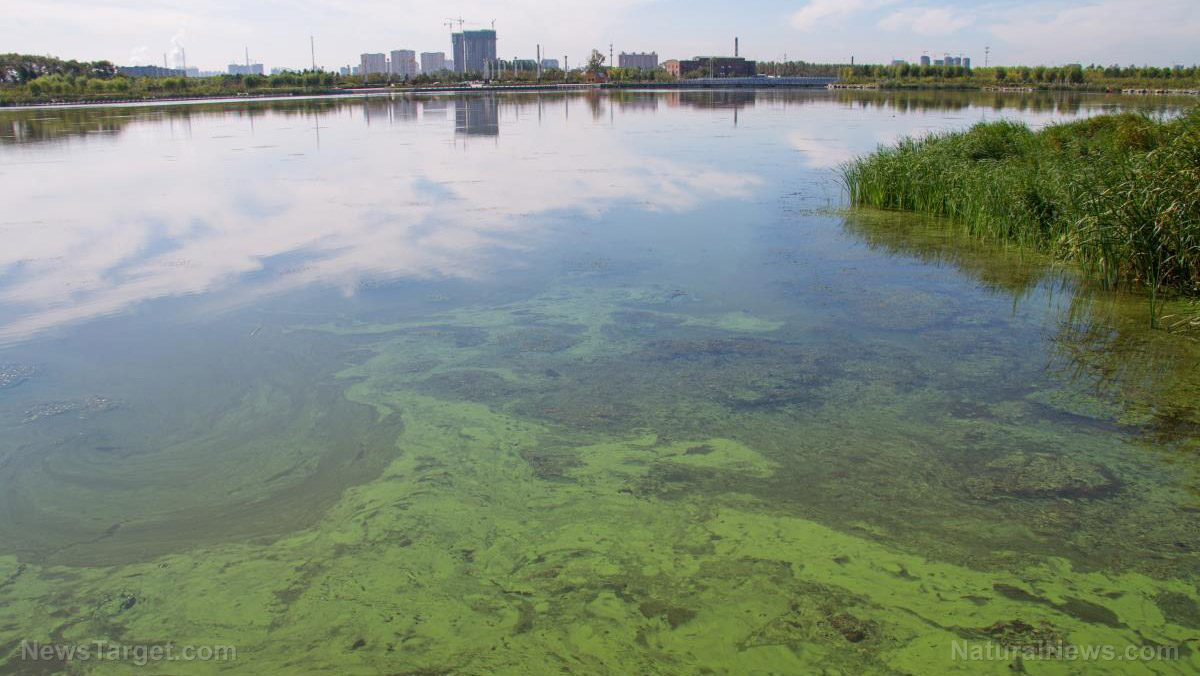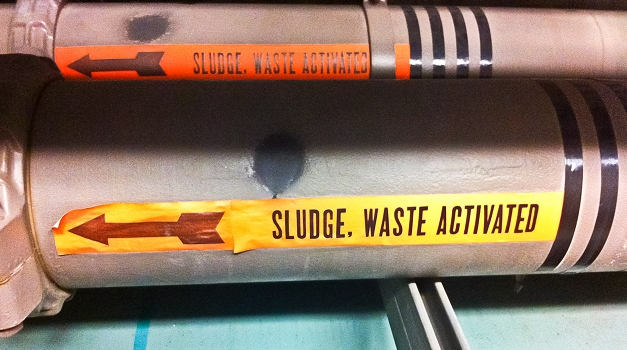Is beauty worth it? Limit your exposure to 8 toxic chemicals by avoiding certain personal care products
02/03/2020 / By Isabelle Z.

Many of us are willing to pay elevated price tags for the latest creams, cosmetics and other products that make us look our best. However, you could also be paying with your health if you’re using products containing toxic chemicals. Here is a look at 8 ingredients you should avoid at all costs.
FD&C colorants
These pigments are often made out of coal tar, which has been linked to cancer in lab animals. Absorbing them can deplete your body of oxygen and in some cases even lead to death. They’re also damaging to skin, so steer clear of products with these colorants.
Sodium lauryl sulfate and sodium laureth sulfate
Also known as SLS and SLES, these chemicals can be found in the majority of the shampoos and foaming products on the market, as well as toothpaste and other products. Unfortunately, they can cause serious damage to your eyes, skin irritation, breathing problems and diarrhea. According to the American College of Toxicology, they can cause eye malformation in children and immune system damage that leaves the body vulnerable to illness. Toxic residues of it can build up in your liver, brain and heart, making this one you should go out of your way to avoid.
Propylene glycol
This chemical is commonly used as a solvent or wetting agent in beauty products, but few people realize that it’s also the active ingredient in antifreeze. The EPA actually requires those working around these chemicals to wear protective gear to shield them against damage to their kidneys, livers and brains, so why would anyone want to put this on their hair or face?
Isopropyl alcohol
You’ve probably seen this name pop up countless times on the ingredients lists of the fragrances, cosmetics and lotions you use, and it’s understandable if you’ve always just assumed it’s safe because of its widespread use. However, the substance, which is derived from petroleum, is dangerous to ingest and even inhale, potentially causing depression, dizziness, nausea, vomiting and even a coma.
Diethanolamine, Momoethanolamine, and triethanolamine
Sometimes listed on product labels by the acronyms DEA, MEA and TEA, these chemicals are known carcinogens that can disrupt your hormones. Repeated exposure has been linked to a significant rise in liver and kidney cancer rates. You’ll often see them in products with foaming properties, such as shampoo, bubble bath and body wash.
Polyethylene glycol
Also known as PEG, this strong chemical is used as a thickener. Because it’s good at dissolving oil and grease, it’s also found in oven cleaners. PEGs are potential carcinogens that can cause immune system damage and spur the growth of cancer cells.
DMDM hydantoin and imidazolidinyl urea
If you see these names on the ingredients list of the products you use, watch out. They’re preservatives that release formaldehyde, which can cause heart palpitations and respiratory system damage. Exposure can also cause depression, chest pain, sleep loss, joint pain, headaches and rashes.
Fragrances
While fragrances don’t sound too bad on the surface – as long as you find the scent pleasing – the truth is that most of them are synthetic chemicals. Repeated exposure to them can impact your central nervous system and cause behavior problems, irritability, depression and hyperactivity. Some of the compounds used in certain fragrances are toxic and/or carcinogenic. Unfortunately, most personal care products these days do have some type of fragrance, so be sure to look out for ones that use a natural scent.
Because there are so many chemicals in personal care products these days, the best way to ensure you’re not exposing yourself to toxins is to stick with natural, organic products. Sometimes the simplest solutions – such as essential oils, shea butter, and olive oil – are the best ones when it comes to health and beauty.
Sources for this article include:
Tagged Under: beauty, Cosmetics, exposure, fragrances, Personal care products, polyethylene glycol, skin care, skin health, sls, toxic chemicals, toxic ingredients, toxins
RECENT NEWS & ARTICLES
Chemicals.News is a fact-based public education website published by Chemicals News Features, LLC.
All content copyright © 2018 by Chemicals News Features, LLC.
Contact Us with Tips or Corrections
All trademarks, registered trademarks and servicemarks mentioned on this site are the property of their respective owners.



















